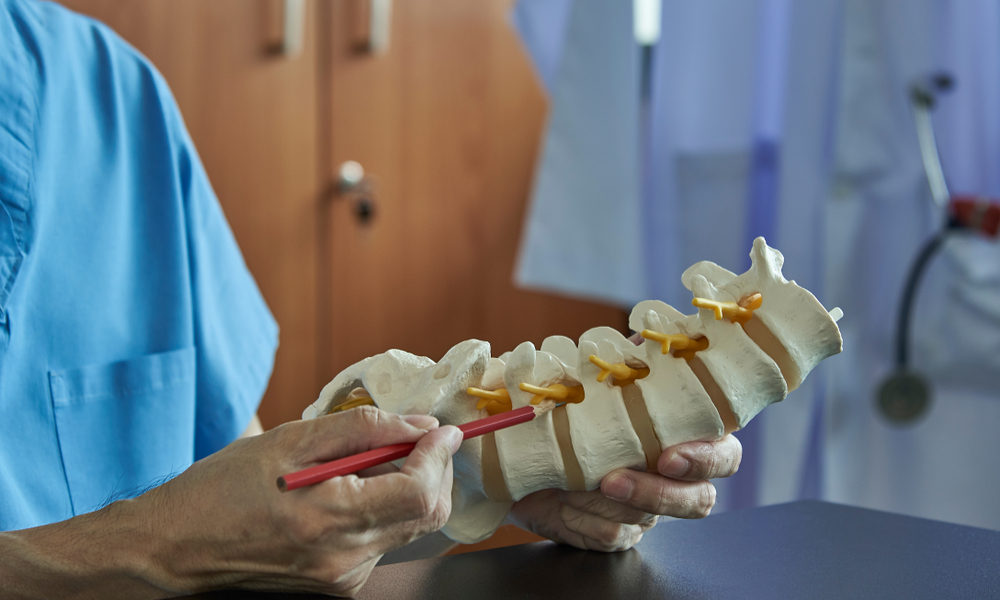Degenerative disc disease is a common condition that affects the spinal discs, causing pain, discomfort, and reduced mobility. While it is a progressive condition, there are ways to treat and manage it effectively.
The first step in treating degenerative disc disease is to identify the symptoms and get a proper diagnosis. This may involve a physical examination, imaging tests, and other diagnostic procedures. Once the condition is diagnosed, there are several treatment options available.
One of the most effective treatments for degenerative disc disease is exercise. Physical therapy and regular exercise can help to strengthen the muscles that support the spine, reduce inflammation, and improve flexibility and mobility. Low-impact activities such as swimming, yoga, and walking are particularly beneficial for individuals with degenerative disc disease.
In addition to exercise, other treatments may include medication, such as nonsteroidal anti-inflammatory drugs (NSAIDs) or pain relievers. In some cases, epidural steroid injections may be recommended to reduce inflammation and relieve pain.
For individuals with severe degenerative disc disease, surgery may be necessary. Surgical options may include spinal fusion or disc replacement, depending on the severity and location of the degenerated disc.
Lifestyle changes can also play a role in treating and managing degenerative disc disease. This may involve maintaining a healthy weight, quitting smoking, and improving posture and ergonomics in the workplace or at home.
In conclusion, degenerative disc disease can be a challenging condition to manage, but with the right treatment and lifestyle changes, it is possible to improve symptoms and maintain a good quality of life. If you suspect you may have degenerative disc disease, it is important to seek medical attention and begin treatment as soon as possible to prevent further damage and discomfort.… Read the rest






